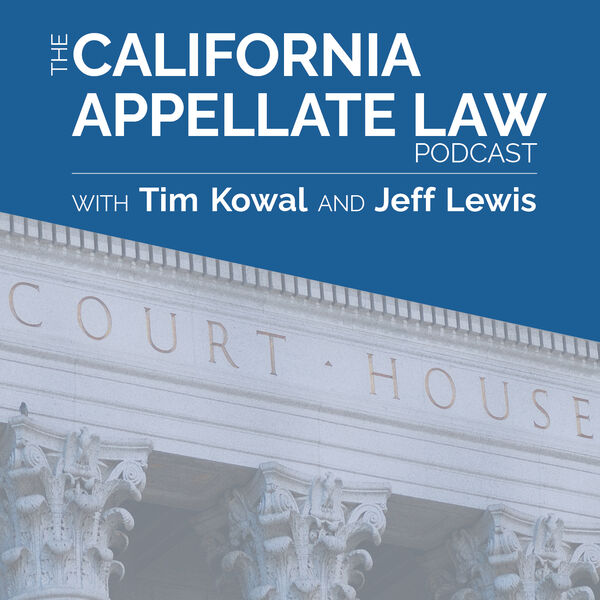
I haven’t met an attorney who wouldn’t love a tentative opinion or a “focus letter” on their appeal. But have you ever tried to articulate how, exactly, it would help to know what the panel is thinking? It seems intuitive, but really, what would you do if you knew the panel disagreed with you on a certain argument? Repeat your argument—loudly, with gesticulations?
One of the reasons oral argument is helpful, suggests Justice Laurie Zelon—now retired and working as an arbitrator—is because it gives counsel an opportunity to give a “surprising” and unexpected take on the case as a whole. “If you give a tentative ruling, you may not hear those things,“ and “there is less opportunity to see that turning that you didn’t see.”
Think of it this way: Every attorney knows that the most important part of the brief is not Roman numeral III, Part D, subpart 4, romanette iii. Even if that is where your key legal argument lives, the prime real estate in your brief is your introduction. Why? Because that’s where you introduce your sympathetic client, set the tone of your brief, and make your common-sense pitch for your proposed outcome. If you haven’t made your successful elevator pitch, a laser-focused re-examination of your legal argument from romanette iii of subpart D.4 of your brief is not likely to save you.
Take the opportunity of oral argument instead to refocus your elevator pitch.
Watch the clip here.
This is a clip from episode 48 of the California Appellate Law Podcast. Listen to the full episode here.